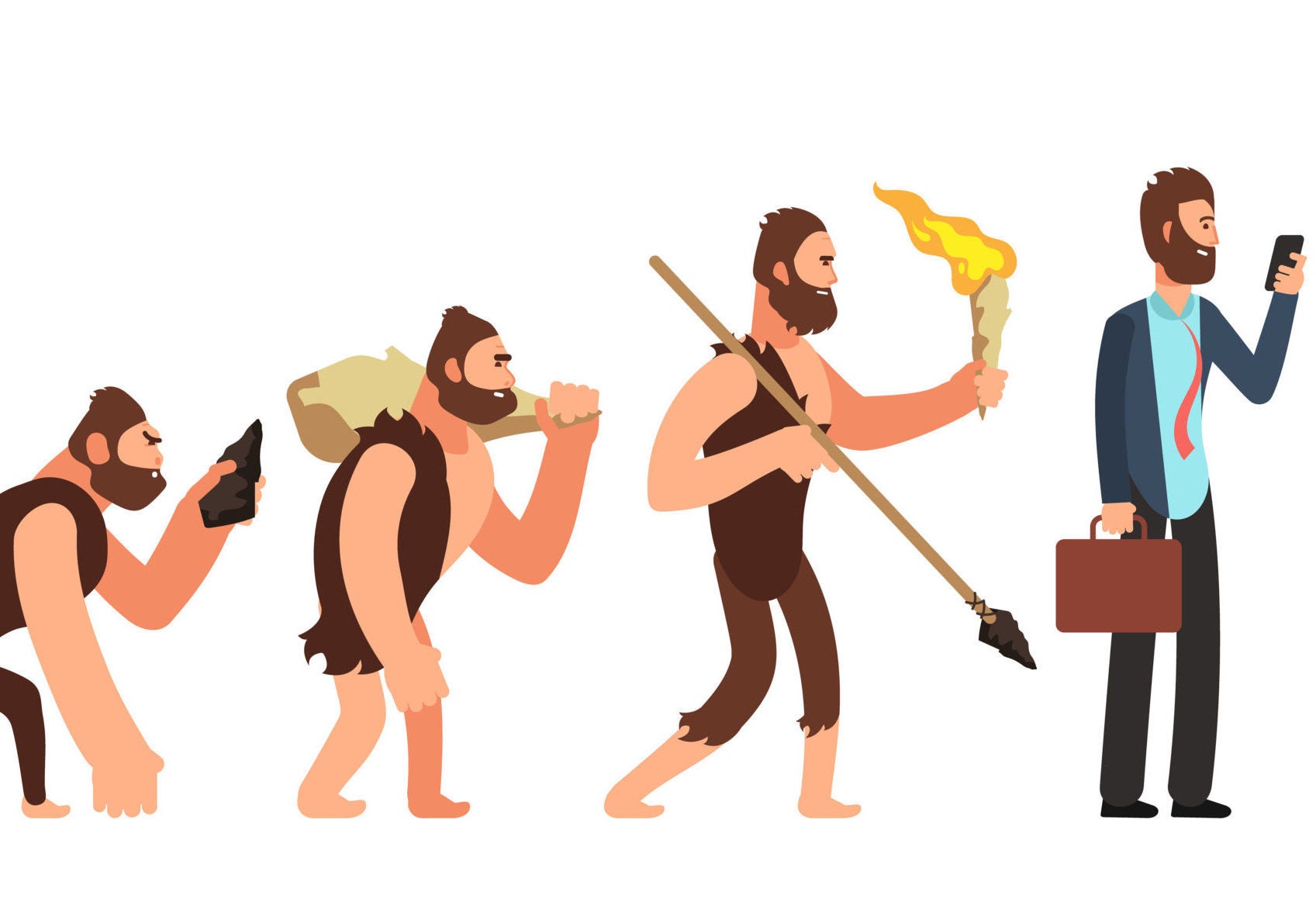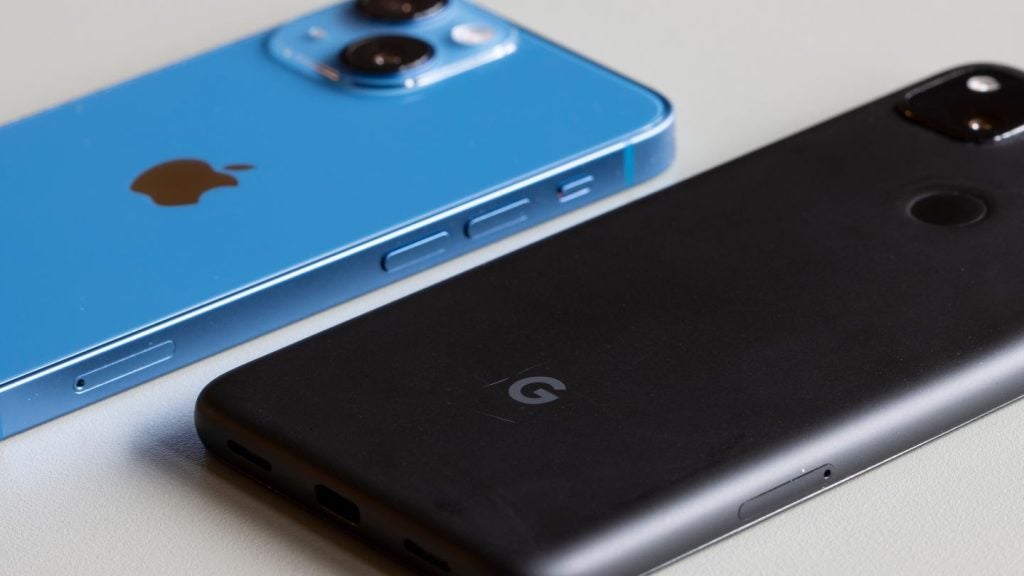
Why did Nokia, Toys R Us and Blockbuster fail to maintain their market dominance? It’s because they were “battling thousands of years of human evolution”, according to Google strategy and operations lead for UK and Ireland, Craig Fenton.
Speaking at the LeadersIn Tech Summit, a part of London Tech Week, Fenton said that human brains are “hardwired to make sense of the world by looking for familiar patterns”. This, he argues, can make people and companies blind to new opportunities and stunts productive disruption.
“Our brains are hardwired to make sense of the world through familiar patterns.”
Nokia, despite a long-running track record for innovation, “didn’t recognise that the [mobile phone] market had shifted from handsets to ecosystems”, such as those created by Apple with iTunes.
“They failed to adapt to the changed behaviour of the consumer,” says Fenton.
Meanwhile Toys R Us, the “superstore of toys that dominated its market” failed to adapt to the rise of e-commerce and innovative companies such as Lego, which opened up to new markets, such as robotics and sets for adults.
And Blockbuster, the “behemoth of the time”, turned down an opportunity to buy Netflix for $50m in 2000 when it was still a mail-order DVD company. Now, the streaming service spends billions on original content and is worth $350bn.
Sabretooth tigers and productive disruption
All of these companies fell victim to human evolution, says Fenton, focusing on the familiar instead of ways to engage in productive disruption.
“Change is danger – there might be a sabretooth tiger behind that tree,” explained Fenton. “I’m going to look for what I know.
“My contention is that those companies, and all companies, in fact in business today, battle this basic human hardwiring every day, at an individual level and at a collective level.”
So how do people and businesses battle this propensity for the safe and familiar? The good news is that evolution has also given humans creativity, says Fenton.
“The ability to imagine a world, and to make up a fictional vision of the world that is different from what is out there today,” he explains.
“My contention is that it is a superpower today, and that is what a culture of productive disruption is all about.”
So, what can businesses do to cultivate this culture of productive disruption? Here are Fenton’s top three tips.
1) “When you’re on top of your game, change your game. It’s about a leadership mindset.”
He cites the New Zealand’s rugby team staying dominant for so long while “drawing from a talent pool half the size of London”. That’s because of their “relentless restlessness”, he says. Don’t stand still, always look for micro improvements.
2) “Play. How do you create a culture where playfulness in a safe environment thrives?”
At Google, he says they “approach serious problems playfully, and playful problems seriously”.
They also play and experiment for 20% of their working time, which resulted in the creation of Gmail and Google Maps.
“Create that safe, playful environment, where failure is rewarded, not persecuted,” says Fenton.
3) “Ask the audience. Never before has it been easier for us to get real-time feedback from everyone out there on what we’re trying and experimenting with.”
“Even if you’re a 100,000 person company, there are seven billion people who don’t work for you,” Fenton says. “So it’s highly likely there are many more good ideas outside the boundaries of your company than there are inside.
“No one has a right to be in business. It’s about creating a great user experience, enhancing that collective creativity.”
Read more: Nine culture hacks to drive business growth in the age of digital disruption







